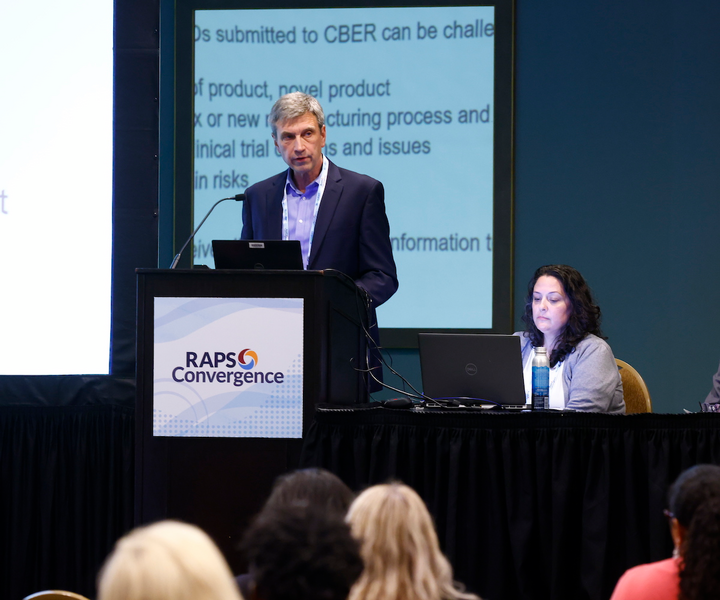Convergence: FDA official offers insights on clinical holds, use of AI at CBER | RAPS
Regulatory News
By: Joanne S. Eglovitch
Published on: November 15, 2021
Introduction
In a recent article published on RAPS, a Food and Drug Administration (FDA) official shared valuable insights on clinical holds and the use of Artificial Intelligence (AI) at the Center for Biologics Evaluation and Research (CBER). The discussion delved into the regulatory landscape surrounding Biologics License Applications (BLA), biosimilars, vaccines, biotechnology, clinical trials, compliance, PDUFA, project management, and regulatory intelligence/policy in the United States.
Main Points
During the conversation, the FDA official emphasized the importance of transparency and communication in the regulatory process, particularly when dealing with clinical holds. They highlighted the need for open dialogue between sponsors and the FDA to ensure efficient resolution of issues that may arise during clinical trials.
Furthermore, the official discussed the role of AI in streamlining processes at CBER and enhancing regulatory decision-making. By leveraging AI technologies, the FDA aims to improve efficiency, accuracy, and consistency in evaluating data and making informed decisions regarding product approvals.
Insightful Analysis
The insights shared by the FDA official shed light on the evolving regulatory landscape in the biopharmaceutical industry. With advances in technology such as AI, regulatory agencies like the FDA are adapting their approaches to ensure the safety and efficacy of new therapies while also promoting innovation and efficiency.
By embracing AI, the FDA aims to enhance its capabilities in evaluating complex data sets, identifying trends, and predicting potential risks more effectively. This proactive approach aligns with the agency’s commitment to promoting public health and fostering the development of cutting-edge biologics and vaccines.
Conclusion
Overall, the insights shared by the FDA official underscore the importance of collaboration, innovation, and adaptability in the regulatory process. By embracing AI and other advanced technologies, regulatory agencies can navigate the evolving landscape of the biopharmaceutical industry with greater efficiency and effectiveness. This commitment to continuous improvement bodes well for the future of regulatory oversight and public health protection in the United States.
IntelliPrompt curated this article: Read the full story at the original source by clicking here a fun game: sprunki horror

